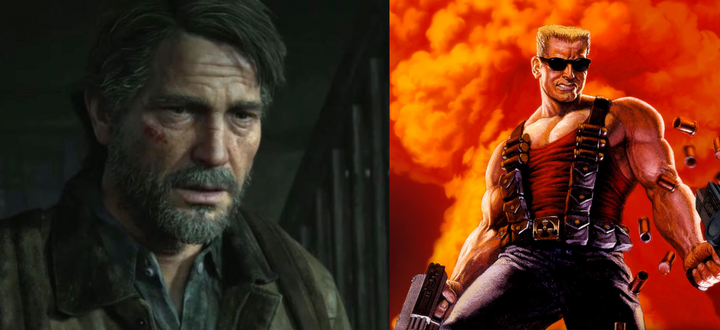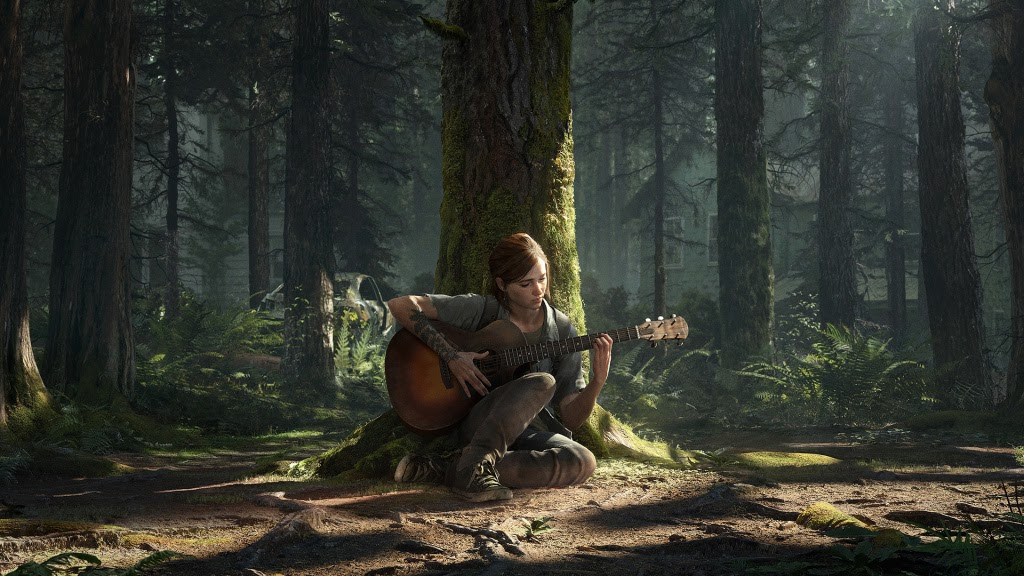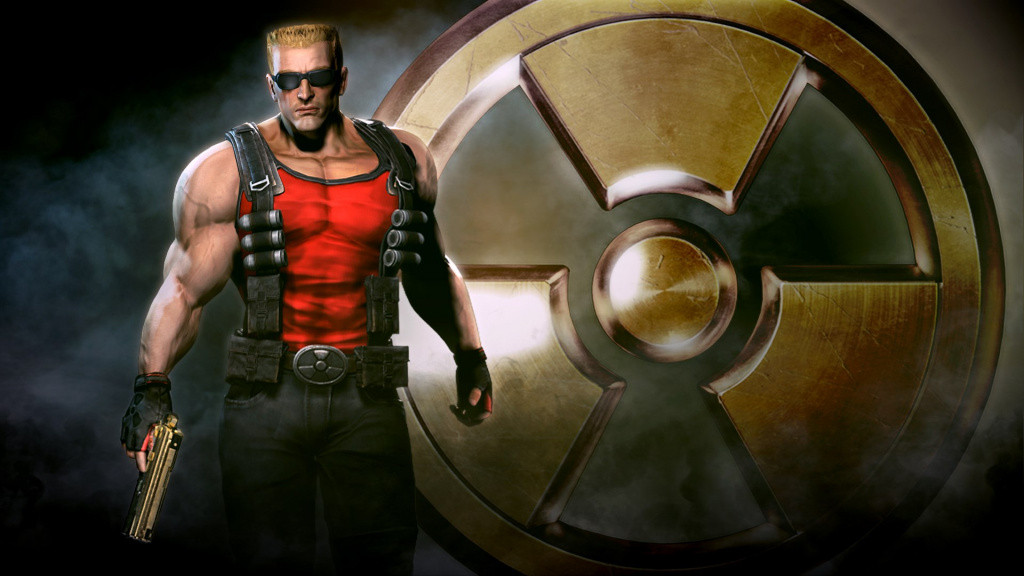Over the last couple of years, the topic of "crunch culture" in the video games industry has become a very important issue.
Crunch is a term used for the period just before a launch (usually at least three months) when workers are expected to put in 100-hour weeks, often mandatory and without extra pay.
Mostly thanks to the efforts of renowned gaming journalist Jason Schreier, who has been researching this issue for many years, the practice of crunching has been exposed in a number of big studios, including the likes of Rockstar Games, CD Projekt RED, and Naughty Dog.
According to the reports, The Last of Us Part II was made "at a huge cost to the people" (Picture: Naughty Dog)
At The Game Awards 2020, The Last of Us Part II won seven awards, including those for Game of the Year and Best Direction, and in response, Kotaku has published an article saying that Naughty Dog doesn't deserve the Best Direction award because the game was made under unbelievable levels of crunch.
George Broussard, the creator of Duke Nukem and founder of 3D Realms, didn't like Kotaku's article and shared his thoughts about it on Twitter.
Oh fuck off. You have no idea what it takes to ship world beating AAA games and you take the word of disgruntled ex-employees vs the 100's that are happy there. Also comparing a 20-man indie to a 300 person studio is stupid. https://t.co/5cjzp4aqnJ
— George Broussard (@georgebsocial) December 12, 2020
"Oh, fuck off. You have no idea what it takes to ship world-beating AAA games and you take the word of disgruntled ex-employees vs the 100's that are happy there," Broussard expresses his disagreement. "Also comparing a 20-man indie to a 300 person studio is stupid."
The reaction to his tweet was overwhelmingly negative, which further provoked him to defend his views on the matter.
"Yeah well I'm not wrong and I have the industry experience and knowledge to back it up, vs say, Kotaku who's just triggered and shitting on a studio for social points. ND is an amazing studio and you can bet they are also continually tweaking process trying to get better."
According to Broussard, crunch periods are simply unavoidable for bigger studios who work on AAA games and "near 100% of people who work in the industry know that."
Duke Nukem Forever went through development hell under Broussard's management (Picture: 3D Realms)
He says that big studios are trying to find a solution for this issue but according to him, the problem is "near impossible to solve" and that's why there will always be crunch periods and that has nothing to do with bad management, which is the main problem according to Kotaku's article.
- Read more: Neil Druckmann shares disgusting hate mail over The Last of Us 2 while Laura Bailey responds
The tweet quickly got a lot of attention, and many are pointing out that he shouldn't be the one lecturing people about the management in the video games industry, given that Duke Nukem Forever was in development for almost 14 years and that he's the one responsible for that mess.
Hey George, all due respect, but I don’t think the guy who shepherded Duke Nukem Forever through multiple engines over more than a decade has room to talk about workplace management. pic.twitter.com/vTFWwQm41z
— Jordan Black (@Bad_Durandal) December 12, 2020
I too am here to remind you that you worked on Duke Nukem Forever - widely regarded as one of the biggest dumpster fires in gaming.
— Slightly Ridiculous (@Slightly_Ridic) December 13, 2020
Don't hate on people trying to make the industry better when you have actively been part of the problem.
Some people from the industry, including Jason Schreier himself, have responded to his tweet and shared their disagreements.
Jason argues that this only further shows that the video game industry workers need to unionize in order to stand against bad practices and crunch, while Mark Kilborn gave his examples where crunch wasn't needed in order to ship AAA game.
Fascinating to see this thread and perspective from someone who ran game studios for many years. Makes you wonder how many other game studio managers agree. And what those companies might instead look like if workers used their collective power to get a seat at the table https://t.co/L5fD6w2elD
— Jason Schreier (@jasonschreier) December 13, 2020
He’s wrong. It is possible to ship a “world beating AAA game” without running your people into the ground. I say this as someone who worked on ten Call of Duty games. Some were well run, some were not. But it can be done. https://t.co/s7wl8KB8e5
— Mark Kilborn (@markkilborn) December 13, 2020
At many major developers and publishers, employees are often expected to work up to 80-100 hours weekly for months when the next big game needs to be finished and released, working late nights and weekends in order to meet deadlines and finish ambitious features that need to be in the game when it launches.
- Read more: Laura Bailey, the voice of Abby in The Last of Us 2, is receiving death threats over the role
This practice is slowly becoming unsustainable for the industry and it's definitely not healthy for the people working on these games, and that's why discussions around unionizing workers in the video game industry are becoming louder with each passing day.
The issue is a very serious and broad matter, and if you want to find out more about it, we recommend you to read some of the Kotatku's articles on the matter, which contain direct testimonials from developers about the "crunch culture" conditions.

 No ads, our video library,
No ads, our video library,



